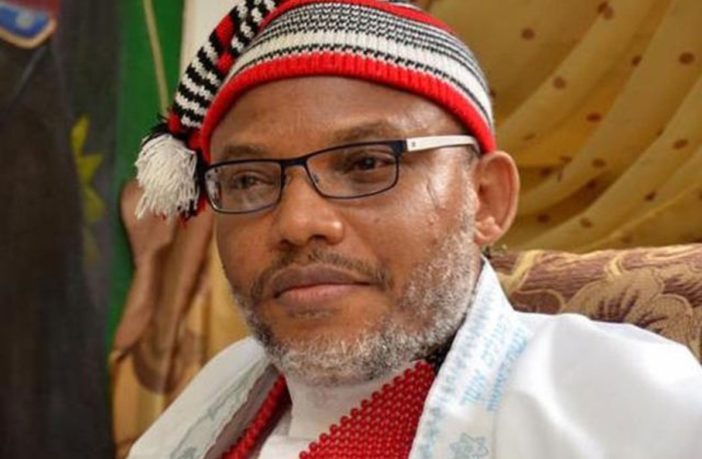The outlawed Indigenous People of Biafra (IPOB) has launched a scathing attack on the Nigerian Supreme Court, accusing it of failing to deliver impartial justice in the face of the nation’s complex challenges. This outburst comes as a direct response to the court’s ruling on Friday which upheld the detention of Nnamdi Kanu, the leader of IPOB.
In a strongly worded statement, IPOB spokesperson, Emma Powerful, denounced the Supreme Court’s decision, emphasizing its apparent inability to dispense fair judgments in the current context of Nigeria’s numerous problems.
“The Supreme Court and its Justices have shown that they cannot dispense good judgment in the face of Nigeria and its problems,” Powerful declared.
He further claimed that this ruling serves as a stark example of the court’s limited capacity, now exposed to the world and keenly observed by Biafrans across the globe.
“The world and Biafrans worldwide have seen the incapacity of the Supreme Court and their judges,” he added. “The global world will ask them questions and why allow Nigeria to scatter so quickly. IPOB will watch what is happening in Nigeria during this period.”
The statement expresses IPOB’s deep concern about the judicial system’s handling of this sensitive case and implies that the organization is closely monitoring the situation in Nigeria with international attention.
The Supreme Court’s ruling, delivered by Justice Emmanuel Agim and written by Justice Garba Lawal, effectively overturned the earlier decision of the Court of Appeal. In October 2022, the Appeal Court had discharged and acquitted Kanu of all charges related to terrorism.
However, the Supreme Court sided with the federal government’s appeal, challenging the Appeal Court’s directive for Kanu’s release. Instead, the apex court ordered his return to the Federal High Court in Abuja to face a revised 7-count charge of terrorism.
During the proceedings, Kanu’s lawyer, Chief Mike Ozehkome, argued for his immediate release and sought substantial compensation from the federal government. Conversely, the government’s counsel, Tijani Gazzali, urged the court to dismiss Kanu’s cross-appeal and resume his trial on terrorism charges.
Kanu was initially arrested in 2015 on charges of treason and terrorism. He later jumped bail in 2017 and resurfaced in Kenya and Israel before being apprehended and extradited to Nigeria in 2021.
The Court of Appeal in Abuja had previously ordered Kanu’s release, citing irregularities surrounding his extradition from Kenya. However, the Supreme Court’s recent ruling has reversed this decision, keeping Kanu in custody as legal battles and tensions around IPOB’s activities continue.




